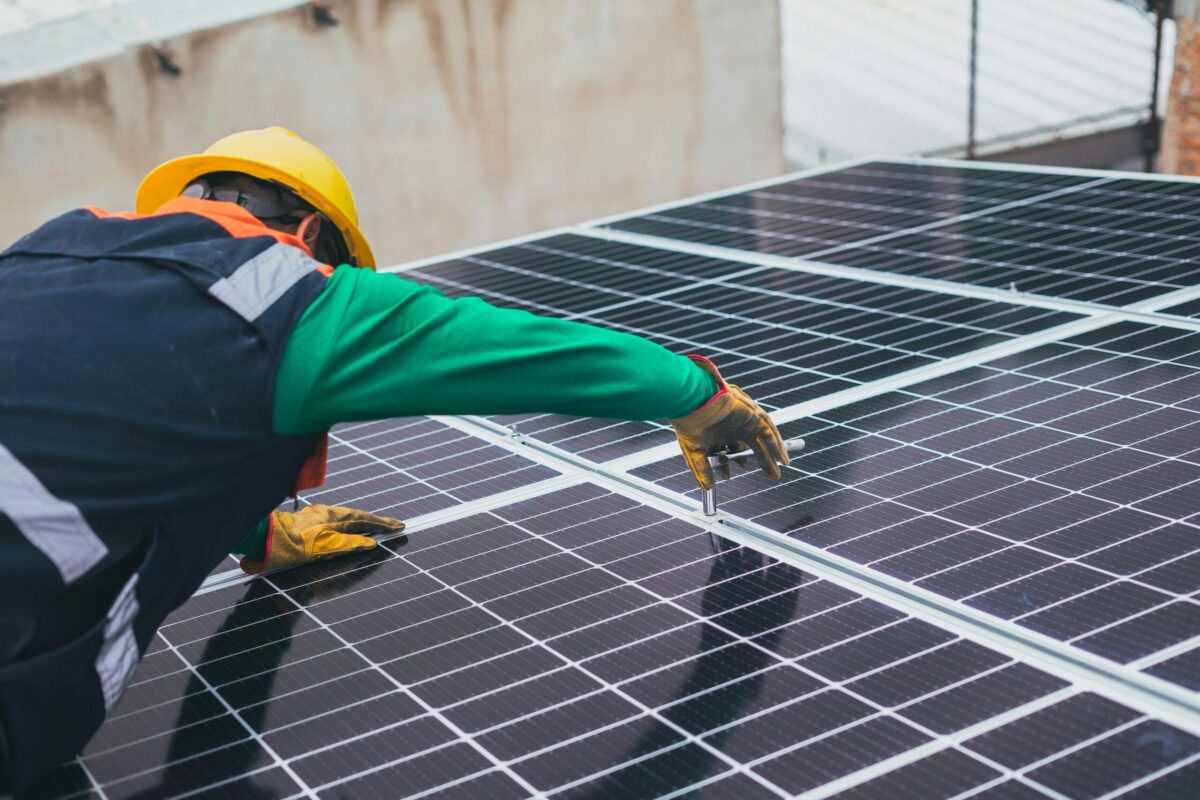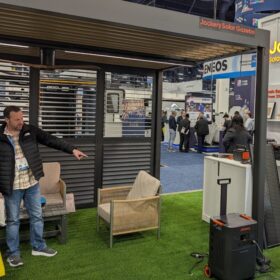Once a feared international entity regulating global commerce, the World Trade Organization (WTO) seems to be heading towards its sunset, in a geopolitical scenario that is contributing to the increase in various forms of protectionism in all world economies.
“The WTO is clearly in crisis,” energy and environmental law expert Anatole Boute told pv magazine. “The WTO Appellate Body, which is the organization’s main dispute settlement authority, is paralyzed and no longer functioning. First of all, this results from the blocking of appointment of judges since 2019 by the United States during the Trump and Biden administrations.”
The impasse has effectively crippled the system because the remaining judges’ terms were expiring and no new judges could be appointed to replace them.
This implies that, technically speaking, no appeals can be heard, which effectively undermines the WTO dispute settlement system. “Decisions by the panel can be appealed, but they are appealed into the void,” Boute explained. “But this paralyzes the entire dispute resolution process because an appeal means that the dispute cannot be solved and the decision cannot be enforced.”
The law professor also pointed to deficiencies in the regulation of cleantech disputes before the WTO due to the multi-year timeframe of its proceedings. “The WTO is not a perfect system,” he went on to say. “However, it is still being used. New disputes are being initiated. Contracting parties are still making use of its dispute settlement body, although they know that its decisions are likely not going to be enforced.”
Although these processes today do not lead to an enforceable decision, they still have great value, according to Boute. “WTO law is still binding law. The enforcement of international law in general is always a delicate issue, but that doesn’t mean that states don’t have legal obligations. And I think it’s useful to understand what these obligations are because they’re there for a reason. WTO decisions help understand the parties’ obligations under the WTO agreements, including in relation to trade in cleantech equipment and products.”
Europe has always been one of the most strenuous supporters of the WTO in an effort to ensure fair competition and strong trade ties with China, where most of the renewable energy technologies are manufactured, but this seems to have changed recently, as several European countries introduced incentives for domestic or EU-based manufacturing, not to mention the Net Zero Industry Act (NZIA), which is intended to help Europe produce at least 40% of its annual deployment needs for strategic technologies, including PV modules, batteries, and heat pumps.
“Despite these protectionist efforts, the European Union still cares about the WTO. It still tries to frame the policies as being WTO-compliant,” Boute said. “For instance, when the Carbon Border Adjustment Mechanism (CBAM) was defined, the EU emphasized the fact that it’s WTO-compliant.”
In the paper “Clean energy supply security and the international trade regime: A WTO law analysis of the EU Net-Zero Industry Act,” which was recently published in Energy Strategy Reviews, Boute argues that, although the WTO is in a deep crisis, its fundamental principles could still provide European nations with effective ways to implement the energy transition at the lowest possible costs and with the best technologies.
“Various aspects of the NZIA Act are likely in tension with the EU obligations under WTO law,” he said. In particular, the use of resilience criteria and diversification requirements in renewable energy auctions is likely to be incompatible with the WTO non-discrimination standards and difficult to justify under the existing exceptions.
“Of course, a potential claim would likely not result in an enforceable decision given the paralysis of the system. But in this paper, I was not investigating whether the WTO is still functioning. What I’m arguing is that designing clean energy security strategies in a WTO-compatible way would help minimize cost increases and delays of the energy transition. I think it doesn’t help the EU and certainly not the EU energy transition to ignore these obligations,” Boute stated.
He also argued that justifying protectionist green industrialization policies using the supply security argument may put at risk the energy transition. “If we look at the energy transition scenarios outlined by the International Energy Agency (IEA), the low-international cooperation case is the most pessimistic, with net zero achieved 40 years later than in a high cooperation case,” he stressed.
“The problem with the NZIA Act is that it’s trying to do many things at the same time, including achieving supply security, competitiveness, decarbonization, and geopolitical objectives that are difficult to reconcile with each other and with the non-discrimination principles governing the international trade regime,” he went on to say. “But with restrictive measures, there is a risk that the speed and scale of the energy transition may be negatively affected. What’s missing in my view in the NZIA Act is a detailed analysis of supply security risks for specific technologies.”
The creation of jobs is, according to Boute, another crucial factor in shaping the future of the European clean energy transition. “And from a jobs perspective, it makes sense not only to focus on cleantech manufacturing, but also on the opportunities created in the deployment of these technologies,” he emphasized. The latter jobs can be put at risk if trade restrictive measures delay the transition.
This content is protected by copyright and may not be reused. If you want to cooperate with us and would like to reuse some of our content, please contact: editors@pv-magazine.com.









By submitting this form you agree to pv magazine using your data for the purposes of publishing your comment.
Your personal data will only be disclosed or otherwise transmitted to third parties for the purposes of spam filtering or if this is necessary for technical maintenance of the website. Any other transfer to third parties will not take place unless this is justified on the basis of applicable data protection regulations or if pv magazine is legally obliged to do so.
You may revoke this consent at any time with effect for the future, in which case your personal data will be deleted immediately. Otherwise, your data will be deleted if pv magazine has processed your request or the purpose of data storage is fulfilled.
Further information on data privacy can be found in our Data Protection Policy.